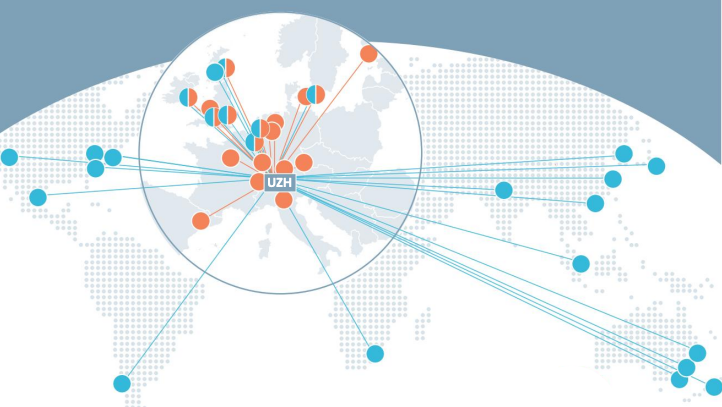Indo - Swiss AMR Innovation Dialogue: Accelerating Action on Antimicrobial Resistance Locally and Globally
From April 27 to May 2, 2025, the University of Zurich (UZH), the University of Geneva (UniGE) with the support of Swissnex in India once again joined forces to host the second Indo-Swiss AMR Innovation Dialogue, a unique interdisciplinary meeting dedicated to tackling one of the world’s most urgent health challenges: antimicrobial resistance (AMR). Building on the success of the first dialogue held in India in 2023, the second edition unfolded over several days across key Swiss research hubs, including UZH, UniGE, and UniBe. The program also included a 1.5 day workshop held at the Swiss Re Centre for Global Dialogue in Rüschlikon.
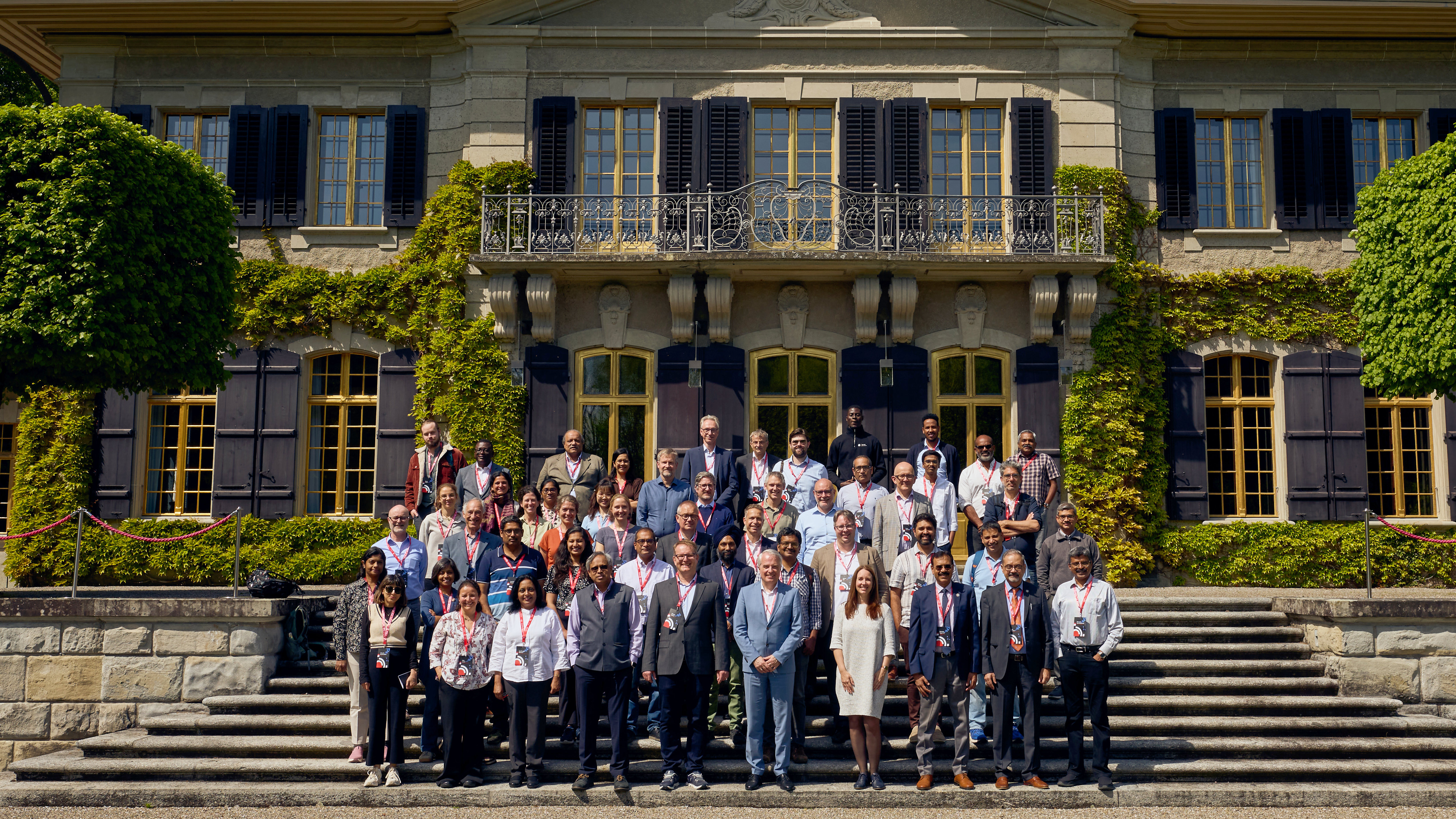
Fostering Swiss-Indian Collaboration to Tackle a global Health Threat
Led by Professor Markus Seeger (UZH) and Professor Patrick Viollier (UniGE), the dialogue brought together over 100 Swiss and Indian experts from academia, industry, public health, and government. Participants engaged in dynamic plenary sessions, targeted breakout discussions, and extensive networking opportunities, connecting with key players across Switzerland’s AMR research landscape — from UZH’s One Health Institute and Institute of Medical Microbiology to experts from Swiss Universities, leading biotech innovators and policymakers. The event also benefited from the strong support of Swissnex in India and other national partners, ensuring a rich, interdisciplinary exchange of ideas. This years’ edition was co-funded by the UZH Global Funding Scheme, supporting projects that strengthen the impact of the global UZH network in line with the UZH Global Strategy.
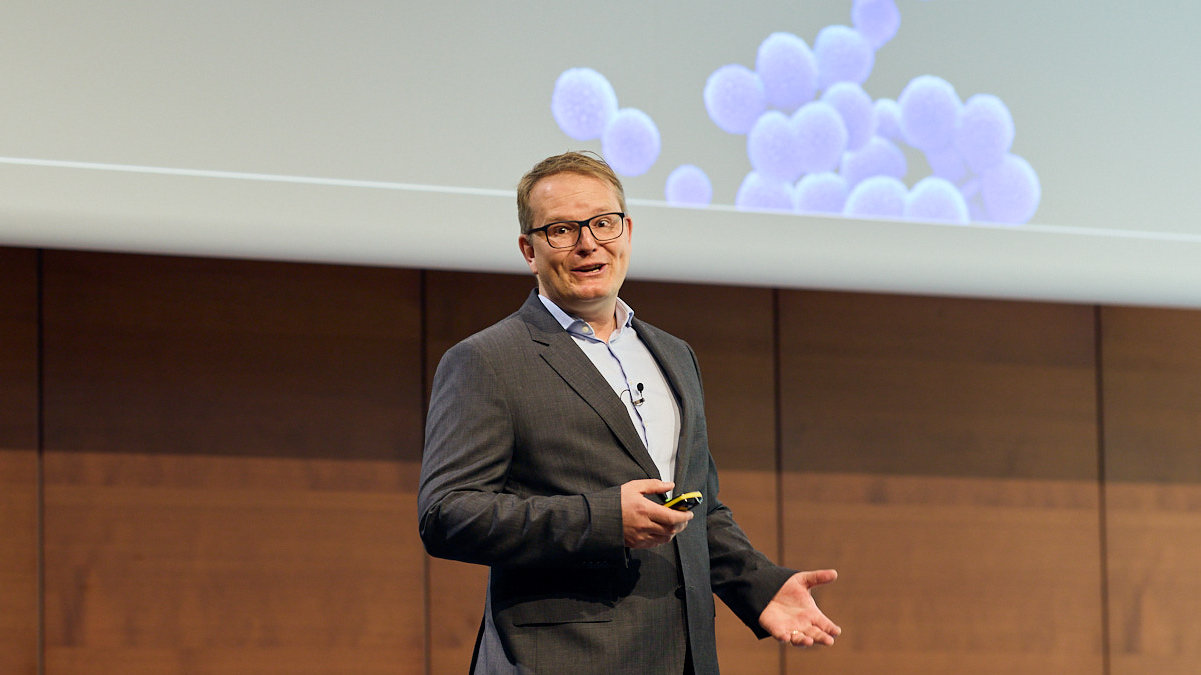
The Indo-Swiss AMR Innovation Dialogue stands out by bringing together scientists, clinicians, startups, corporate leaders, and policymakers under a shared mission: accelerating action on AMR locally, nationally, and globally. Recognized by the World Health Organization (WHO) as one of the top ten global public health threats, AMR demands coordinated international responses, an urgency that this dialogue’s cross-sectoral and international approach directly addresses.
Creating Long-Term Impact and Positioning UZH as a Global Leader
The 2025 dialogue not only deepened the collaborations initiated in 2023 but also sparked new partnerships. These partnerships have been productive over the past two years, resulting in co-authored publications and joint funding proposals. In addition, exchange programs for medical microbiologists have been established between UZH and leading Indian institutions, such as the Christian Medical College (CMC) Vellore. These outcomes highlight the Indo-Swiss AMR Innovation Dialogue’s growing role as a driver of meaningful, sustainable collaboration. Looking ahead, the dialogue is set to become a biannual meeting, further strengthening UZH’s position as a central hub connecting Swiss and Indian AMR ecosystems.
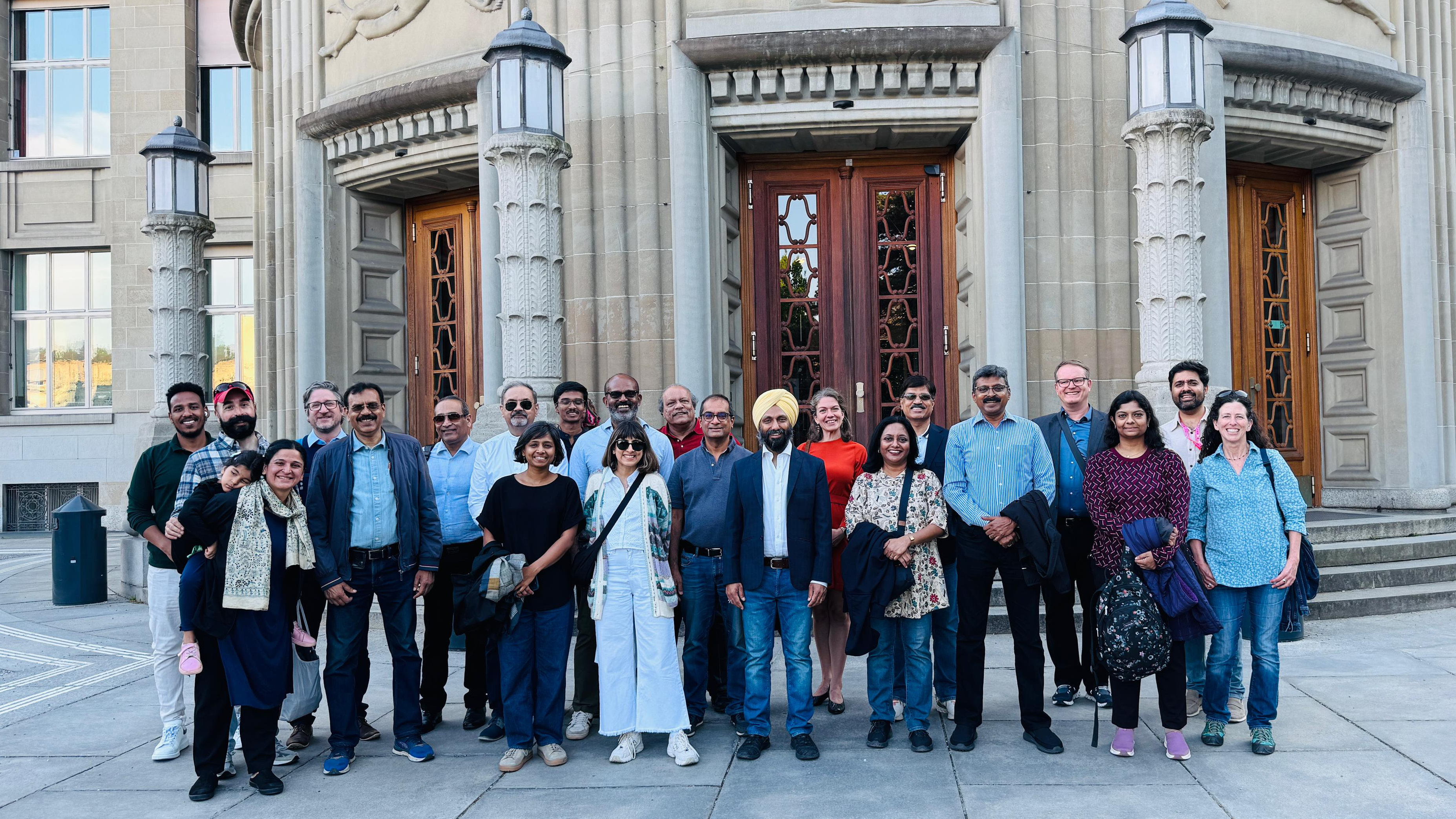
A Multidisciplinary Dialogue on AMR: Research, Policy, and Planetary Health
The event covered diverse themes such as Policy and AMR Action Plans, One Health, Fundamental Research in AMR, Innovation in Therapeutics and Diagnostics, and Economic Aspects of Tackling AMR. This interdisciplinary approach ensured comprehensive discussions and actionable outcomes, involving experts from basic science, translational research, startups, national agencies, hospitals, and global organizations like WHO. The dialogue provided valuable opportunities for early career researchers to present their work, engage with experts, and participate in collaborative projects. Part of the event was held at the climate-neutral SwissRe Centre for Global Dialogue, with a focus on sustainable practices such as using reusable or compostable cutlery and minimizing bottled water usage. This commitment to environmental sustainability aligns with the long-term strategic investment in planetary health.
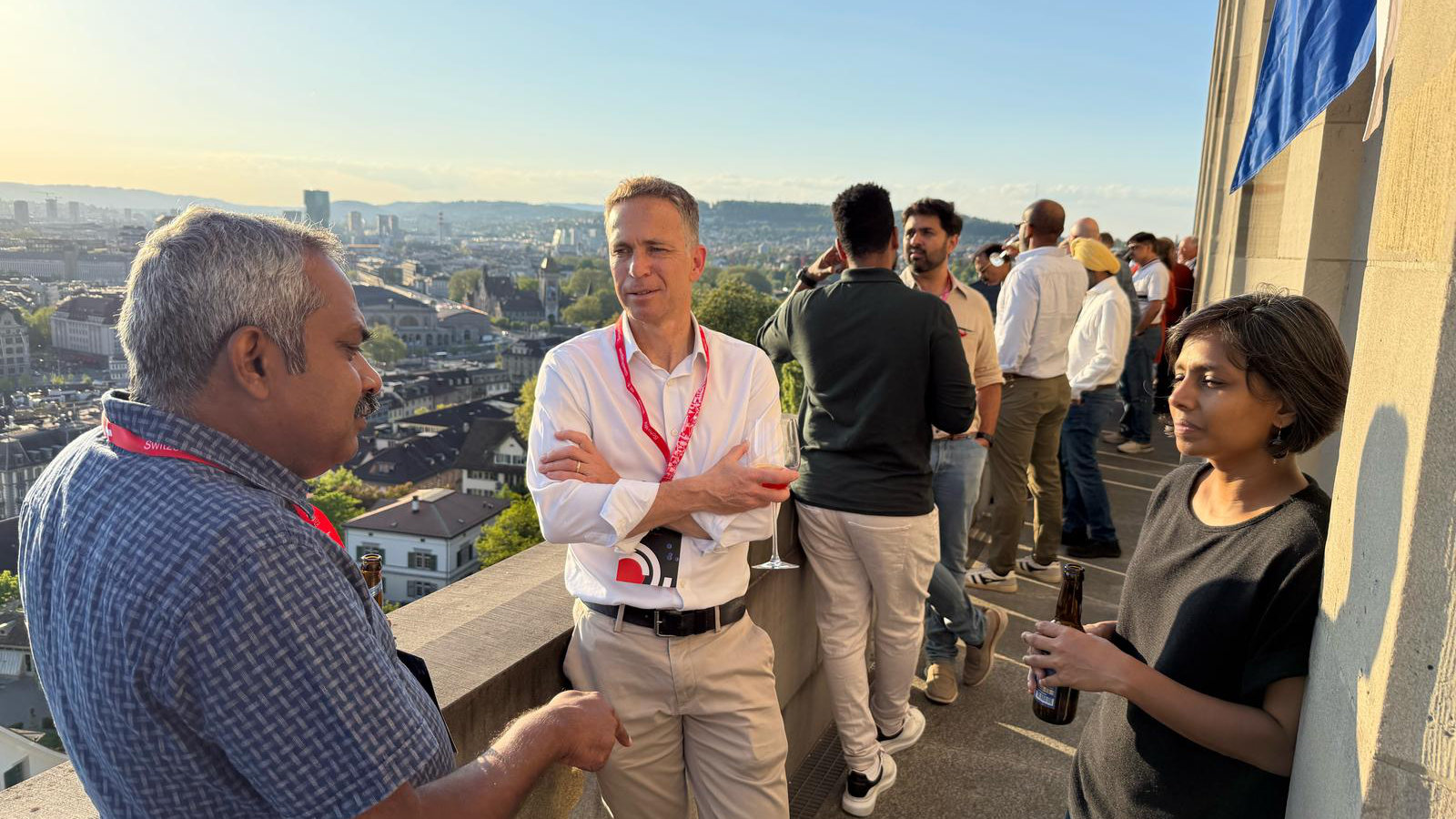.jpg)
As the Indo-Swiss AMR Innovation Dialogue continues to evolve into a global platform for interdisciplinary collaboration, it exemplifies how academic partnerships can drive impactful solutions to urgent challenges like antimicrobial resistance. This year’s edition not only deepened international cooperation but also empowered early-career researchers (ECRs) through dedicated sessions, networking opportunities, and collaborative research prospects — a key pillar of UZH’s Global Strategy 2030.
Looking ahead, the dialogue is poised to become a cornerstone of UZH’s international engagement, fostering globally connected thinkers and catalyzing sustainable innovation. To build on this momentum, UZH researchers are invited to apply for the Global Funding Scheme, opening 3 June 2025. This program supports international collaboration with over 70 global partner institutions — including the Indian Institute of Technology Bengaluru — enabling researchers at all stages to contribute to meaningful, worldwide impact.
Thurka Sinnathurai

